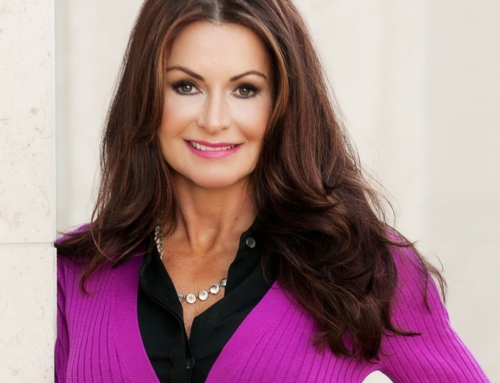I had the pleasure of interviewing David Bulick, farmpreneuer and owner of Charleston Hemp Company. David Bulick is our Chief Everything Officer, whose strategic vision is turning Charleston Hemp Company into an industry powerhouse. David brings a diverse career in hospitality, horticulture, supply chain and entrepreneurship to this company, which is quickly emerging as one of the region’s top hemp processors and marketers. His vision is to help rank South Carolina as one of the nations top hemp producers with the highest industry standards. His goal is to bring to market the purest, American grown CBD.
Thank you so much for doing this with us! Can you share with us the story of what first introduced you into this business or helped you get interested in the business?
My friend Jill’s daughter has severe epilepsy. She was suffering 400–600 seizures a day. Taking CBD reduced the seizures to 4 or 5 per day. She was one of the people who pushed to have it legalized in the state and worked with Governor Nikki Haley to get it passed for legal consumption. I was following her progress and I just couldn’t ignore the benefits for the end users. I did my research and decided I wanted to be a part of this amazing opportunity — and, I wanted to do it the right way.
Can you share the most interesting story that happened to you since you began leading your company?
When I was working on my plan to acquire the best seed to start with, I did a ton of research and studied the legislation for many states. I ultimately visited Maine, Washington, Oregon and Colorado in one trip, each time placing the seeds I’d acquired in my suitcase. I had all the documentation I thought I needed to stay within the guidelines, but when I flew back to Charleston, I still wasn’t sure if I was going to get in trouble. So I ordered a double screwdriver on the plane just in case it was my last drink. It was very nerve racking worrying about whether someone would focus on those seeds!
Can you share a story about the funniest mistake you made when you were first starting? Can you tell us what lesson you learned from that?
Trying to be a farmer in the nursery world was a mistake. At nurseries we always start plants in buckets. But we were sure we wanted to field plant hemp, so we plowed, fertilized, tested and painstakingly prepared the land. We were days away from planting when I got a gut feeling to stick the seeds in containers. Good thing we did because when Hurricane Florence came through, we were able to get permission from the Department of Agriculture to move our plants to an inland location. The lesson was “trust your gut!”
Are you working on any exciting projects now?
I am working on several exciting projects in the Industrial Hemp movement. I hope our efforts will help South Carolina stand out nationally. We are very close to expanding our product base and are going to offer a white label opportunity for those who want to sell their own products.
None of us can achieve success without some help along the way. Is there a particular person who you are grateful towards who helped get you to where you are? Can you share a story?
I am blessed with so many great people around me it’s hard to name just one — from Janet my office manager to Jade at the farm — I’d be remiss to name just one!
Our whole life here at the farm is like a reality show. From unloading trucks to running the machines, to controlling the wildlife who might eat our product. It’s the best reality show I’ve ever seen and I’m living it!
This industry is young, dynamic and creative. Do you use any clever and innovative marketing strategies that you think large legacy companies should consider adopting?
For this industry I think the marketing innovation is getting back to basics and shaking people’s hands. Have a face to face conversation with them. Answer their questions and help educate them. Empower them to make the best decisions for their situation.
Can you share 3 things that most excite you about the Cannabis industry? Can you share 3 things that most concern you?
1. I’m excited I’m in it!
2. I’m very excited about being able to provide a very high-end, quality product to individuals who need it — and it helps them.
3. I’m excited to be able to hire quality people who will drive the success of our products and to partner with the medical community to ensure my product is top quality.
A. I always worry about the supply chain. We’ll process a million pounds of product at our manufacturing facility by mid-December. I’m hyper focused on maintaining our quality standards while meeting the incredible market growth.
B. I’m concerned that not enough states are ensuring industry standards and guidelines. Some states are like the “wild west” or issuing too many permits. This burdens the states’ Departments of Agriculture and can overwhelm their attempts to ensure good practices. All of this could lead to an inconsistency in product quality, which would hurt the consumer.
C. I’m concerned about industrial security because people who don’t know the industry might misunderstand what hemp is. It’s challenging to educate the world that hemp will not get you high, even though it looks, smells and tastes like marijuana.
Can you share your top “5 Things You Need to Know in Order to Run a Successful Cannabis Ancillary Company”? Please share a story or example for each.
1. You will not get enough sleep again. Ever. Jumping into this is 7 days a week, 16 hours a day. You need to set aside time for your family. But there are no shortcuts. Sometimes I don’t leave the farm until well after midnight. I get there before the sun comes up. My wife has been the most patient person that I know! I’ll tell her I’m leaving in 20 minutes and it’s six hours later before I get home.
2. If you read somewhere that hemp will grow anywhere, don’t believe it. It takes a lot more than seed, soil and water to make a good crop. You need to do your seed selection carefully for the environment you will grow in.
3. Be mindful of what can endanger your crop — wildlife like rabbits, possum and deer can be very damaging.
4. You’ve got to know where your harvest is going before you plant the crop. Being prepared in every aspect of this business is key. So, work the long days, do the follow up, make sure you pick the right seed, do the right planting. But if you don’t have a place to sell it and process it, you’re doing it for fun. That’s why we wanted to be the first recognized processor in the State of South Carolina. We offer full ethanol processing and manufacturing to the farmers in our pilot program and beyond.
5. Drink lots of beer!
6. I remember the old adage to hiring: Hire slow, fire fast. Not everyone will have the same ethics and mindset as you; like-minded people will help your business thrive, not just survive. But at the same time try to have patience with your staff because it’s a new industry and there’s a lot to learn. My policy is zero tolerance for mischief.
Aside from your particular vertical, which other cannabis ancillary industries to you think have very strong potential in the next few years? Can you explain why?
I think white labeling has a tremendous potential for individuals who do not have the green thumb or the manufacturing capabilities. These folks still have the drive and passion for marketing hemp products. That’s why Charleston Hemp Company offers a variety of white label options. We also offer the manufacturing, packaging and distribution for our clients. All they need to focus on is sales and marketing.
What advice would you give to other CEOs or founders to help their employees to thrive?
Don’t be an arm chair owner or manager. Respec
t doesn’t come with a title. It comes from getting out there and getting your hands dirty, too. You need to learn as they learn, grow where they grow, give advice when you need to and definitely learn when to keep your mouth shut.
You are a person of great influence. If you could inspire a movement that would bring the most amount of good to the most amount of people, what would that be? You never know what your idea can trigger. 🙂
I think the cannabis movement is powerful. I’m very interested in spreading awareness of the potential of the hemp plant — not just the CBD side but also biomass and fiber. For biomass, it’s an alternative for manufacturing that would burn coal or wood. With hemp you get a longer burn and a more consistent temperature from less material, which saves the trees!
On the fabric side it’s tougher than cotton, you get a greater yield and it’s cheaper. But right now, we don’t have the manufacturing tools available to mass produce hemp. Processing facilities are limited. You can put hemp into a cotton loom. We need to do some major investing in the fiber world to become a leader in that industry.
What is the best way our readers can follow you on social media?
https://www.facebook.com/charlestonhemp
Our new website will be completed in the coming weeks and can be found at https://www.charlestonhempcompany.org/

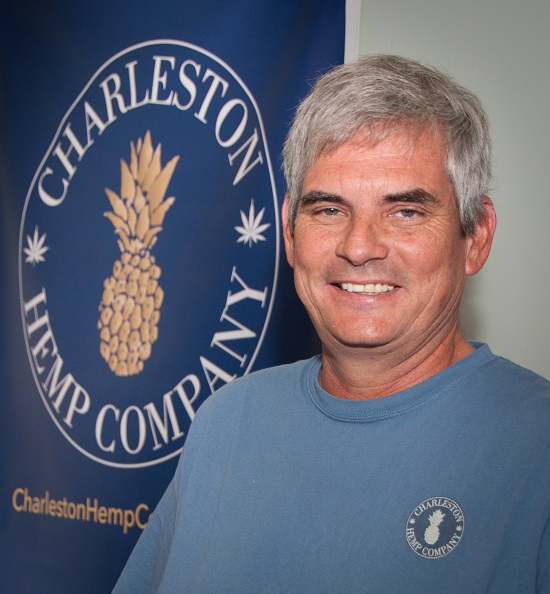
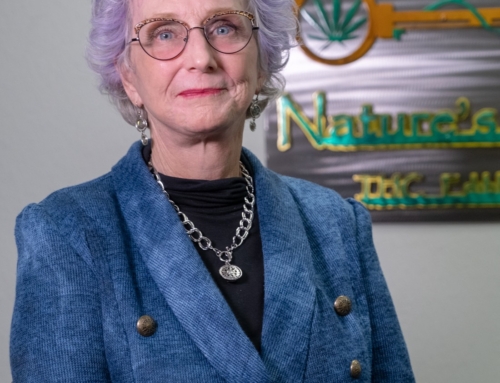
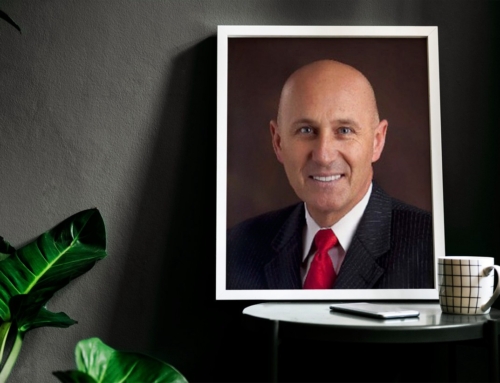
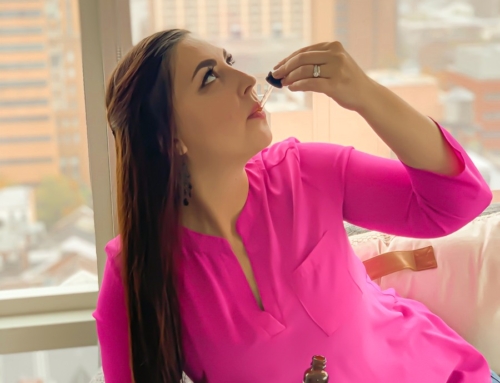
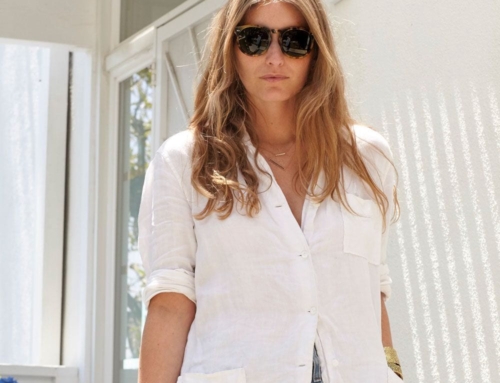
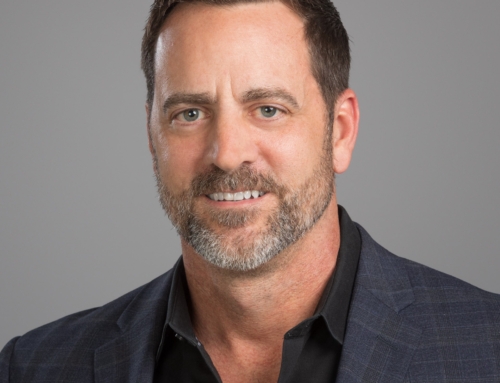
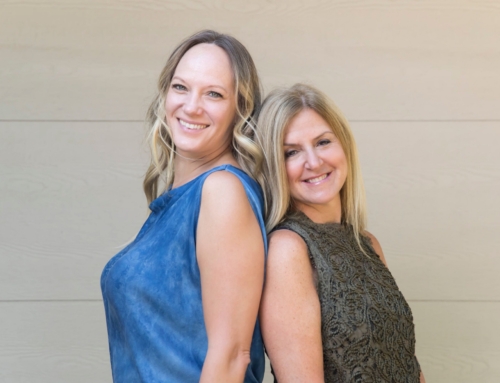
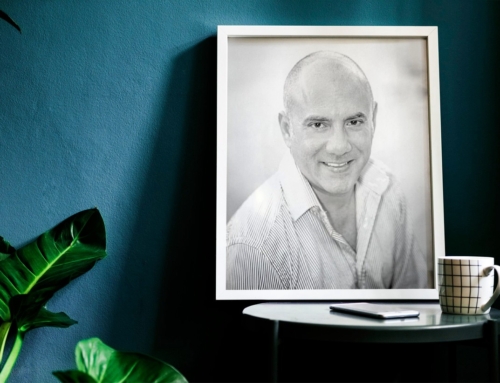
![“The potential to help people [in this industry] is enormous, but there’s still so much to learn.” – Ramon Alarcon, Witi](https://lakesideremedy.com/wp-content/uploads/2020/12/1thj5ekUyxQ69iLz1JJyODg-scaled-e1607882756286-500x383.jpeg)
